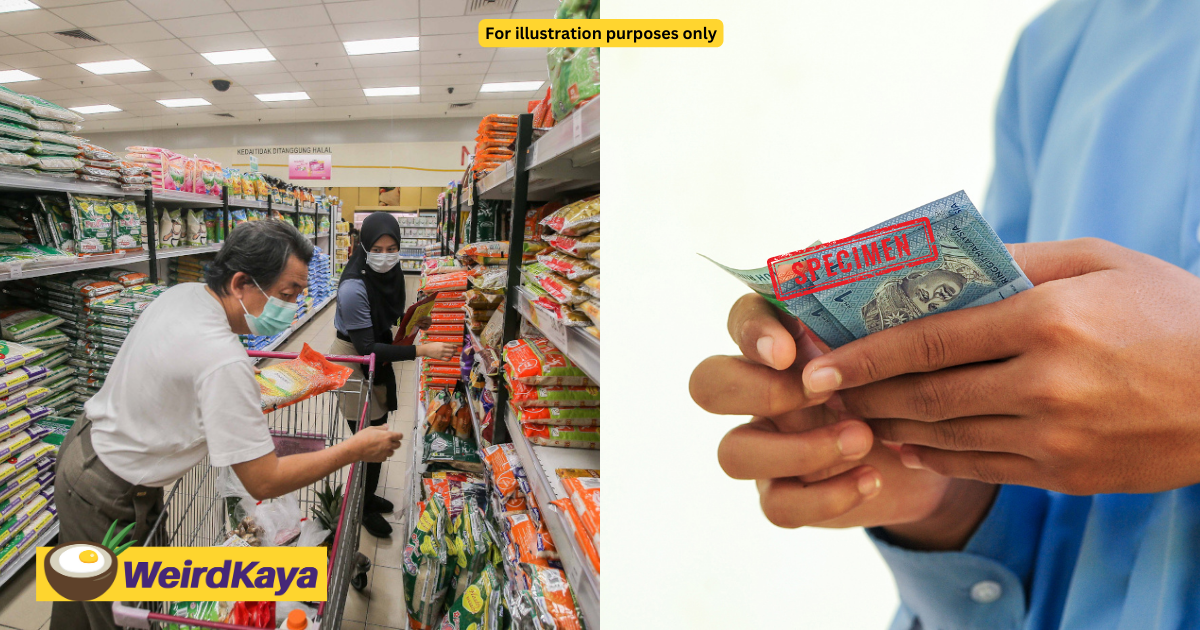United Nations Children’s Fund (UNICEF) wants things to change for Malaysian families. Their report, ‘The Living on the Edge Key Findings,’ shows why. They’re asking the government to step up and make life fairer for everyone.
RM1,500 is NOT enough to get by

UNICEF says the minimum wage in Malaysia needs a boost. Right now, it’s RM1,500 a month, but that’s not enough for families to get by.
According to their research, the current rate of RM1,500 per month falls short of meeting the basic needs of families. UNICEF suggests an increase to RM2,102 monthly, aligning more closely with the proposed living wage of RM2,700 by the Central Bank of Malaysia (BNM).
This adjustment, they argue, takes into account factors such as the cost of living and productivity.
“The calculations indicate that the minimum wage should be set at RM2,102 per month, instead of the current RM1,500 per month. The current living wage as proposed by the Central Bank of Malaysia (BNM) is RM2,700,” they said.
RM200 per month for expectant mothers

But fair wages are just one piece of the puzzle, there’s more to it.
UNICEF advocates for broader social support mechanisms, starting with a universal child care allowance of RM200 per month for expectant mothers until their children reach the age of two.
This initiative aims to alleviate financial burdens on families and foster a healthier environment for child development.
JKM needs to help those with monthly incomes of less than RM2,589
In tandem with these proposals, UNICEF also says the Department of Social Welfare (JKM) needs to step up.
They think the help they give now isn’t enough, especially for people below the poverty line. UNICEF suggests giving more support, up to RM2,589 a month per household. This could really make a difference for those who need it most.
“At present, assistance is only given to households with RM1,198 per month (RM315 per capita),” according to the report.
All workers should be covered by EPF and PERKESO

Additionally, UNICEF wants better protection for everyone. They say all workers should get coverage from the Employees Provident Fund (EPF) and the Social Security Organisation (PERKESO), no matter what job they have. This safety net helps protect people from things like getting hurt, losing their job, or not having enough money when they’re older.
The report ‘The Living on the Edge Key Findings’ also shows why we need to act fast, especially after the pandemic.
Families with low incomes in cities, especially those led by women or people with disabilities, are having a tough time. The report, based on a survey of 755 households after the pandemic, tells us how hard things are for vulnerable groups all over Malaysia.
Even though things seem to be getting better economically, many families are still struggling. About 41 percent of households are in absolute poverty, and another 17 percent are in severe poverty. This is taking a toll on people’s mental health, with one in four feeling depressed.
Overall, UNICEF says Malaysia needs big changes to help poor families, especially after COVID-19. They suggest raising the minimum wage, giving more social help, and making social welfare better. This would make Malaysia a fairer place for everyone.



